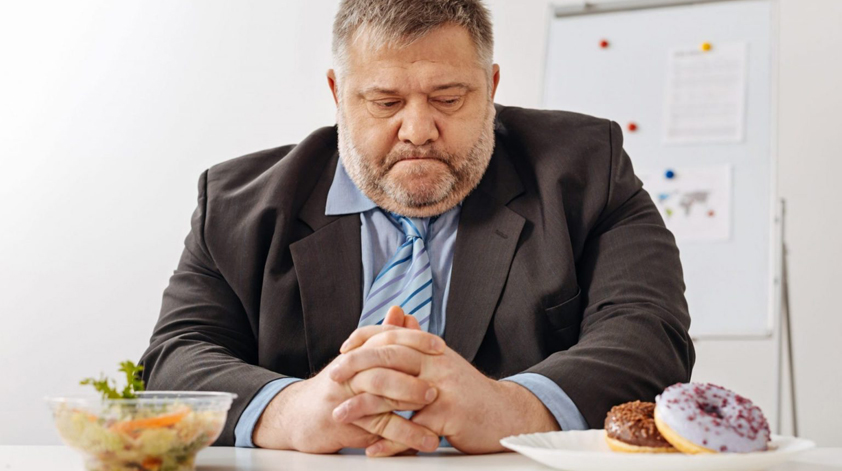I write this month’s article whilst at a departure gate in a Texas Airport Airport. I have been out here at a conference and I’ve been able to spend a little time sight-seeing and food-spotting. It’s astounding just how many opportunities there are to develop obesity here!
The real challenge is this: the human body is designed to gain weight and keep it on at all costs. Until we acknowledge that scientific fact, we will never succeed in achieving and maintaining a healthy weight.
Doctors and consumers alike believe that overeating and gluttony are the causes of our obesity epidemic. Science tells a different story: it is not completely your fault you are overweight. Powerful genetic forces control our survival behavior. They are at the root of our weight problems. Our body’s weight control systems were designed to produce dozens of molecules that make us eat more and gain weight whenever we have the chance, not to lose it.We have evolved over hundreds of thousands of generations under conditions of food scarcity, not overabundance. Our genes and molecules that control our eating behavior were shaped by those times. Basically, we are genetically designed to accumulate fat from when we had to forage for food in the wild. Ignoring that fact becomes hazardous to both our health and our waistlines.
Think about this: We have hundreds of genes that protect us from starvation, but very few that protect us from overeating. If we remain genetically engineered to gain weight, then it would seem that we are wired incorrectly.
Why would we be designed to overeat and grow fat? It all comes down to the oldest and most primitive part of our brain, our limbic, or ‘reptilian’ brain. This is the part of your brain that evolved first, and like a reptile’s it governs your survival behavior, creating certain chemical responses that you have no conscious control over.
While you might think you are in complete control of your mind, the truth is that you have very little control over the unconscious choices you make when you are surrounded by food.
The key to a healthy metabolism is learning what those responses are, how they are triggered, and how you can stop them. You don’t want to put yourself in the position of resisting the lure of that chocolate cake. Your drive to eat it will overwhelm any willpower you might have about losing weight. It is a life-or- death experience in your mind, and the chocolate cake will always win.
‘I have no willpower’… I hear this again and again from patients about to start treatment at one of our clinics. Everybody knows that the obesity epidemic is a matter of personal responsibility. People should exercise more self-control. They should avoid overeating and reduce their intake of sugar-sweetened drinks and processed food. There are no good foods or bad foods; it’s everything in moderation. Right?
This sounds good in theory, except for one thing: New discoveries in science prove that processed, sugar, fat, and salt-laden food – food that is made in a plant rather than grown on a plant – is biologically addictive. Broccoli is not addictive, but crisps, biscuits, ice cream and fizzy drinks can become as addictive as any drug.
Unfortunately, there are specific biological mechanisms that drive addictive behavior. Nobody chooses to be a heroin addict, cokehead, or alcoholic. Nobody chooses to have a food addictio neither. These behaviors arise from primitive neurochemical reward centers in the brain that override normal willpower and, in the case of food addictions, overwhelm the ordinary biological signals that control hunger.
Why is it so hard for obese people to lose weight despite the social stigma, the health consequences such as high blood pressure, diabetes, heart disease, arthritis, and even cancer; and despite their intense desire to lose weight?
Not because they want to be fat. It is because in the vast majority of cases, certain types of food – processed foods made of sugar, fat and salt combined in ways kept secret by the food industry – are addictive. We are biologically wired to crave these foods and eat as much of them as possible. So next time you cave in to that piece of chocolate cake, don’t blame your willpower, blame evolution.


